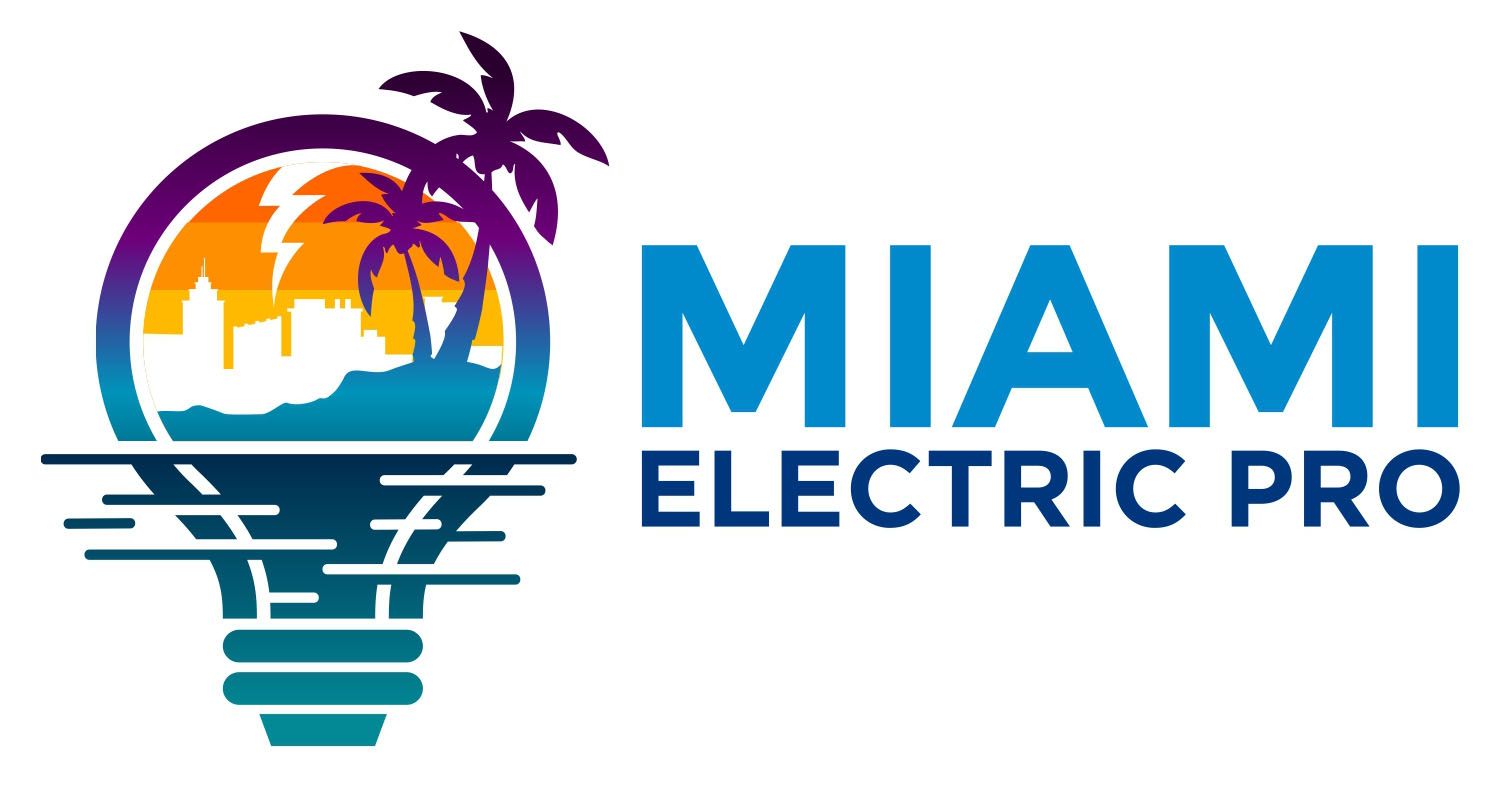FAQ
An AFCI is an arc-fault circuit interrupter and its job is to stop electric flow when an "arc" or surge is detected. This would happen if wires are damaged.
Typically, AFCI's come in the form of circuit breakers and are installed in newer electrical panels. AFCI's protect bedroom circuits in most cases.
A GFCI is kind of like an AFCI. However, GFCI are for ground faults. This means the electric current takes a different path other than what is in the circuit. For instance, if an appliance malfunctions and then shocks a person. A GFCI in that case, would sense the different path of electric current and stop electric flow or "trip".
GFCI's are required to be around water so, think in bathrooms and kitchens. If you would like to read more about GFCI's, click here.
This is a very important question to ask and you should pay attention to anything out of the ordinary and call an Electrician immediately
However, in most cases, this is what could make your panel unsafe:
- Federal Pacific Panels
- Sylvania/Zinsco Panels
- Challenger Panels
- Fuse Boxes
- Double Taps
- Cloth wiring
- Aluminum Wiring
In most cases, your home only needs 150amps, but it depends on the size and the type of appliances. For instance, an older condo with gas appliances may only need 100 amps!
On the other hand, a brand new building with heavy duty electric appliances, commercial products, and other electrical appliances may need 200 amps or more.
It's important to speak with an electrician if you are suspecting you do not have enough amps to service your home or business.
If your lights are not LED bulbs, this can be because they have a loose connection somewhere. Either from the socket, in the panel, or in the wiring.
If you do have LED bulbs and your lights are flickering, this is mostly due to the bulbs themselves. Replacement would be recommended immediately. A lot of times brand new homes have LED bulbs that flicker because they are cheaper bulbs.
Breakers can trip simply because they are worn out/older. However, they could also be tripping because of an underlying problem with a wire or an appliance. Check the circuit and appliances the breaker is on to see if that could be the root of the issue.
In most cases, breakers are cheap and just have to be replaced overtime.
Call us today at (786) 222-9712
for any repair or replacement job serving Cutler Bay, FL, Miami, FL and the surrounding areas.
Quick Links
Contact Info
Miami Electric Pro, LLC
